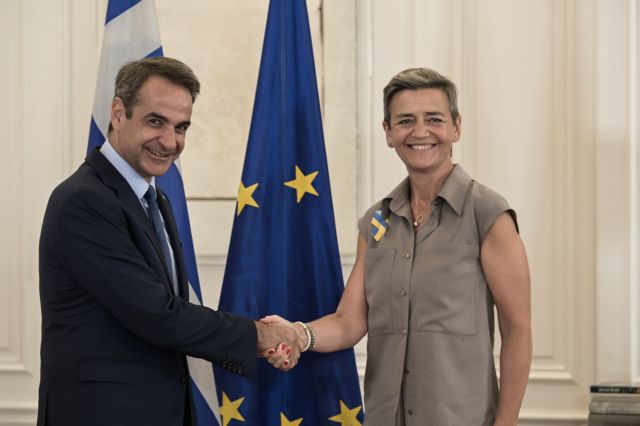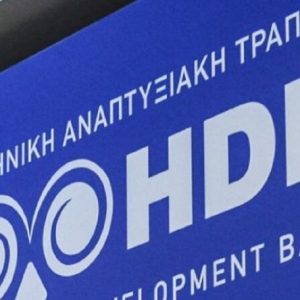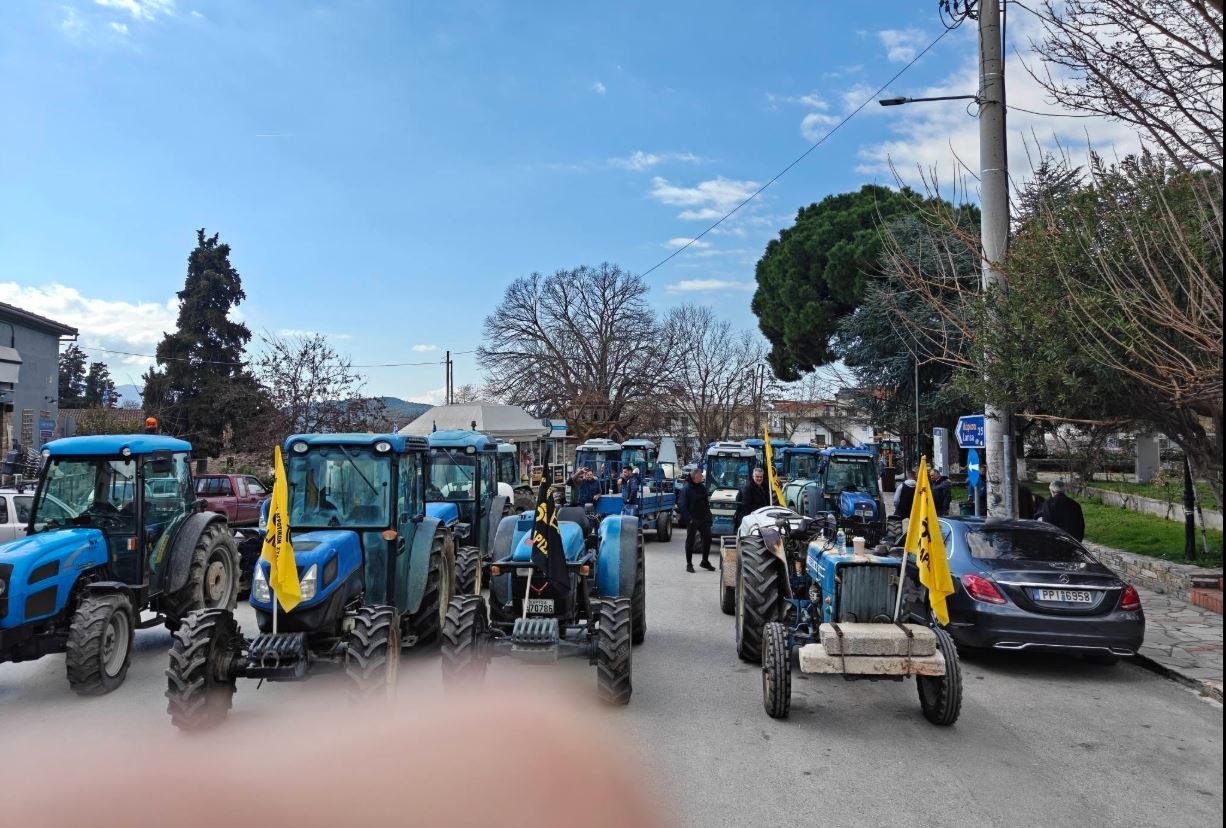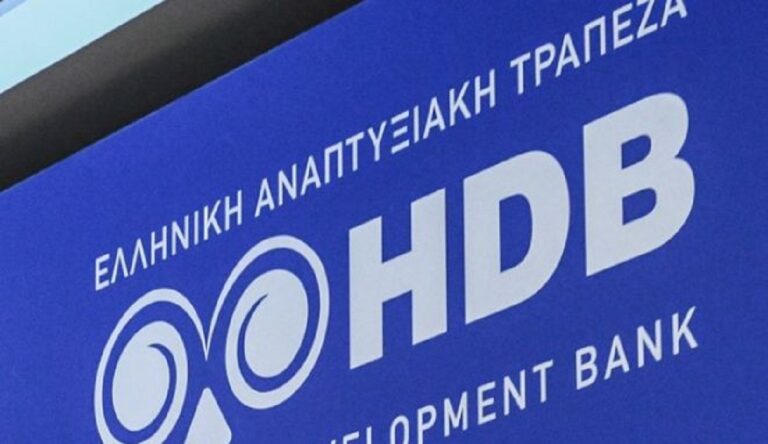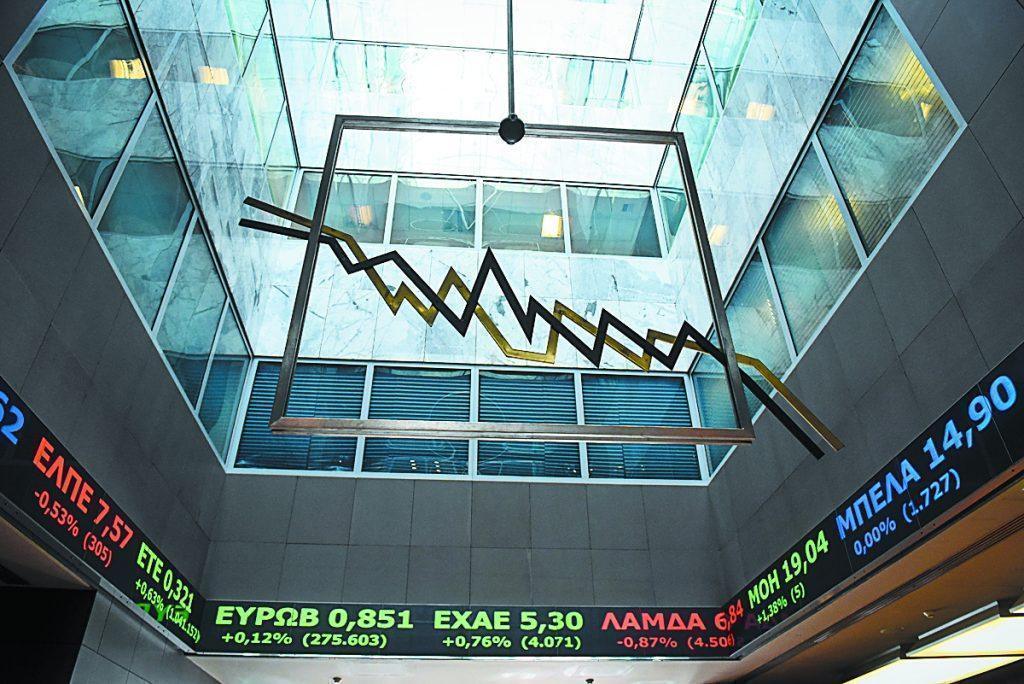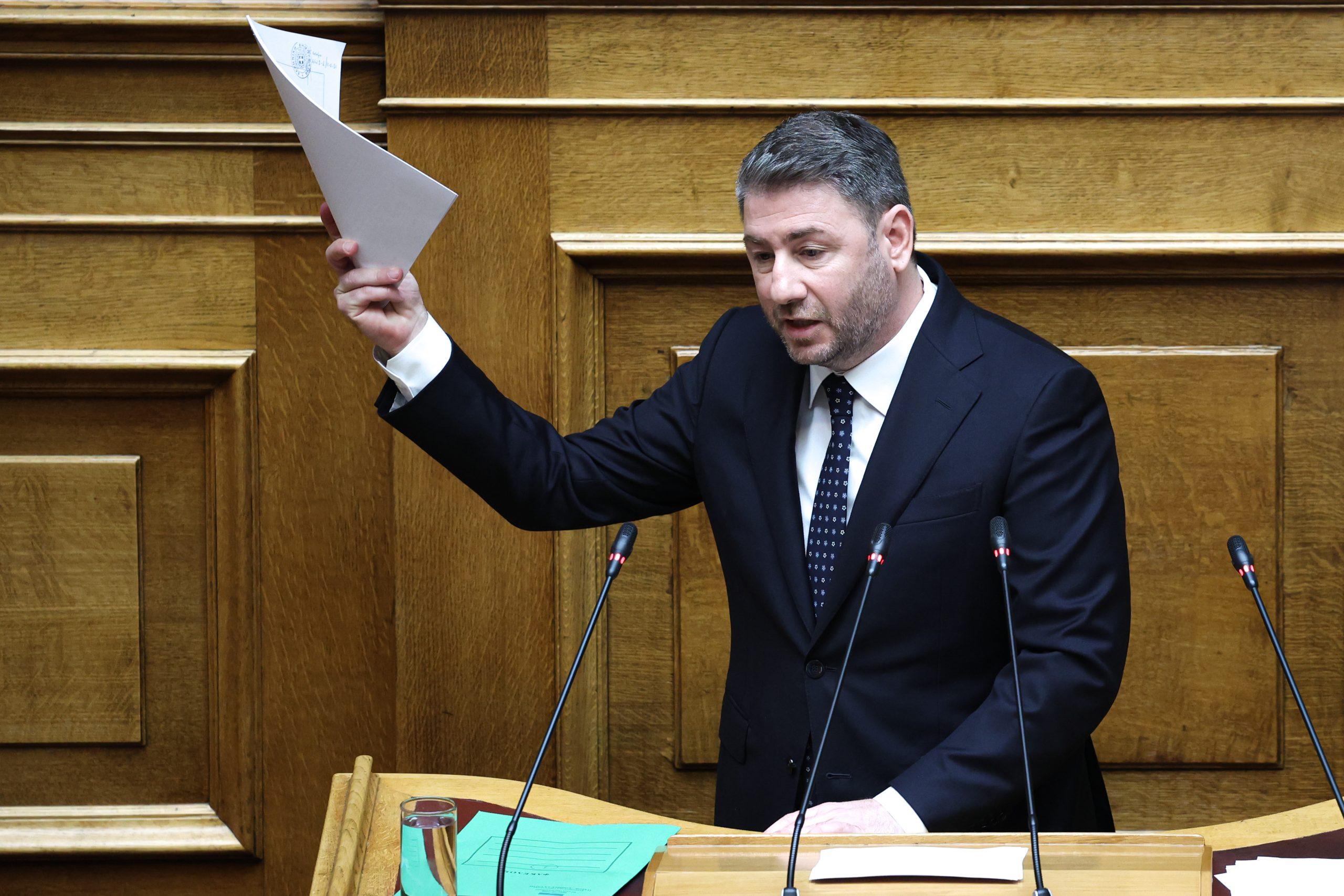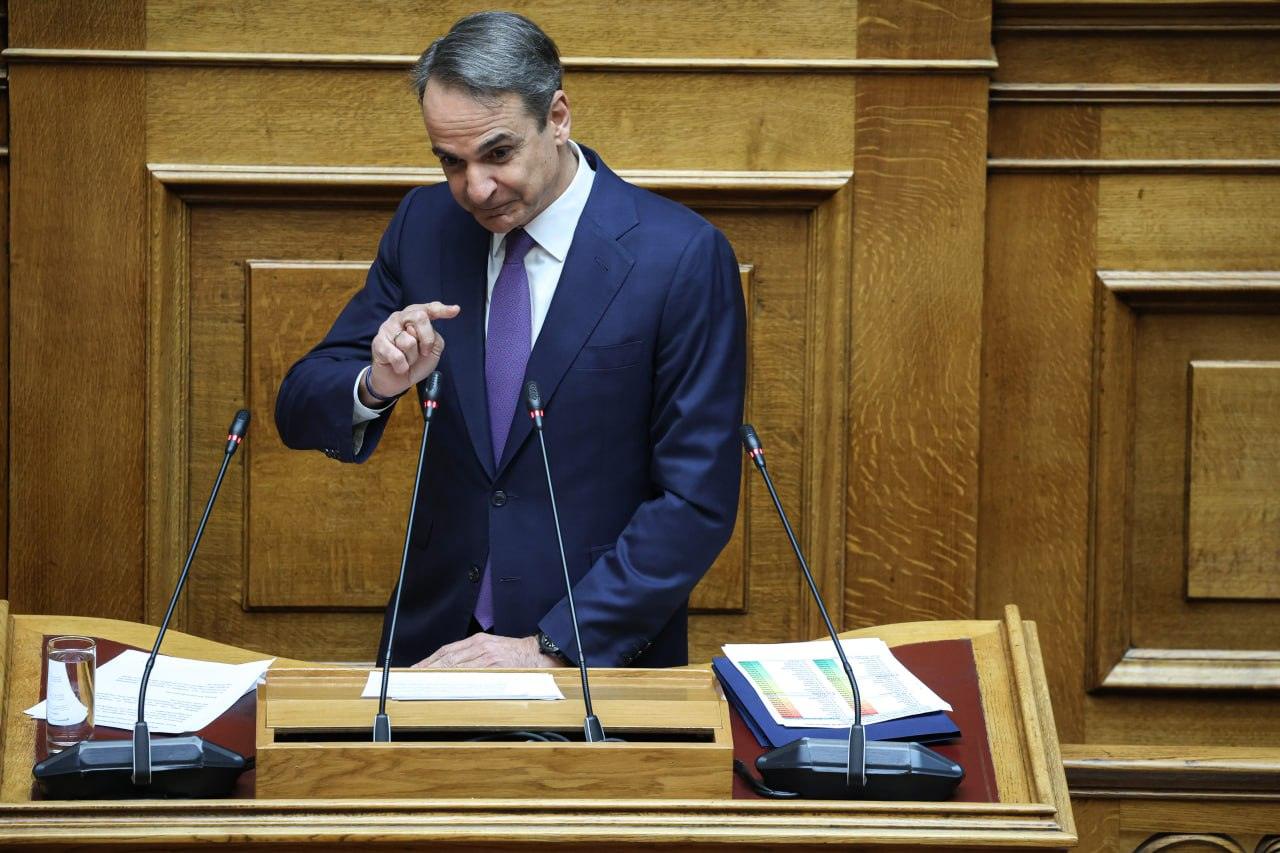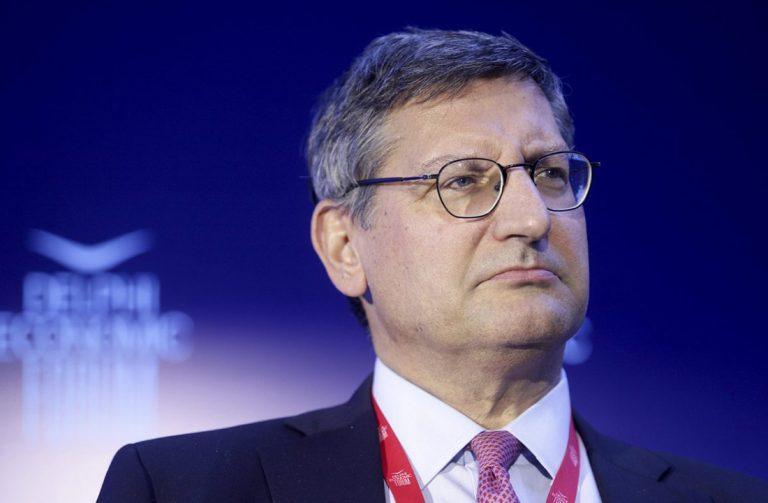Greek Prime Minister Kyriakos Mitsotakis on Monday received visiting EU Executive Vice-President Margrethe Vestager at his Maximos Mansion office, with talks touching directly on a decision, taken by the EU Council last week, to end the enhanced surveillance regime for Greece as of August.
In her comments, Vestager called Greece’s accomplishment over the last few years something truly “impressive”, even amid a multi-faceted crisis at the moment that’s aggravated by war, skyrocketing energy costs and inflation. She said the current crises, unfortunately, have bumped the significance of the end of the enhanced surveillance regime from the forefront.
On his part, Mitsotakis referred both to the end of the supervision regime and to the divisive events that took place seven years, in late June and early July 2015, namely, the announcement of an utterly controversial and convoluted referendum, unprecedented capital controls and a subsequent “no” vote in the referendum. Mitsotakis commented on “how close we (Greece) came to an absolute catastrophe.”
Mitsotakis, the president of the ruling center-right New Democracy (ND) party, was referring to the shambolic decisions and actions taken at the time – seven years ago this month – by the then SYRIZA-ANEL coalition government.
“We paid a heavy price for the choices made that year. However, I believe that you are right in underlining that Greece’s society proved very resilient. Additionally, we also proved that a shift from low growth to the prospect of high growth is possible, while at the same time making sure that growth is inclusive, in order to deal with concerns expressed by young people, namely, that growth is digitally ‘smart’ and environmentally viable,” he said.
Both leaders also discussed the issue of healthy economic competition, the very time matter of energy and food security for Europe in the face of challenges emanating from Russia’s invasion of Ukraine, along with dealing with inflationary pressures throughout the EU.
Finally, the Greek government’s ambitious National Recovery and Resilience Plan, dubbed Greece2.0, was discussed.
